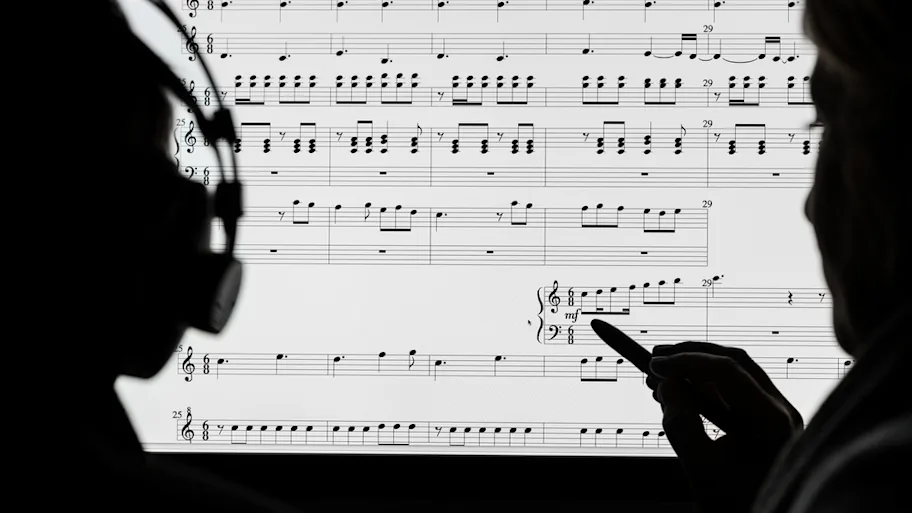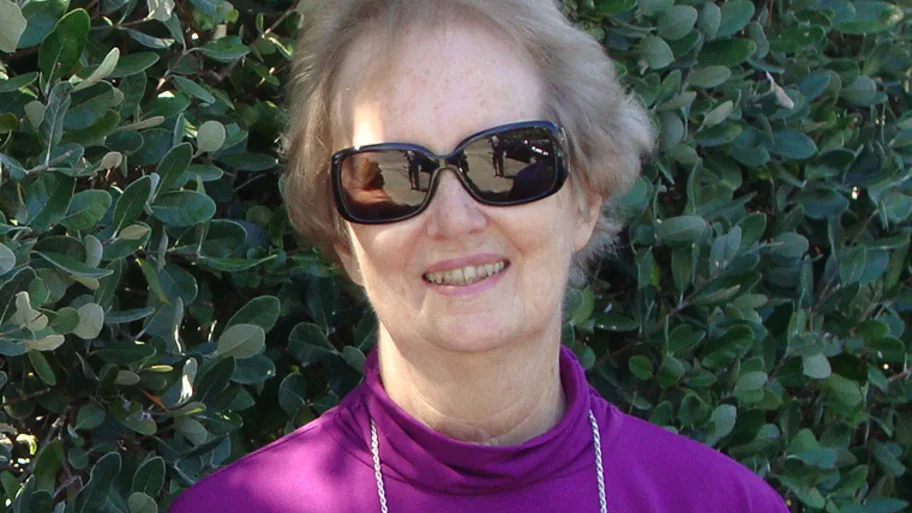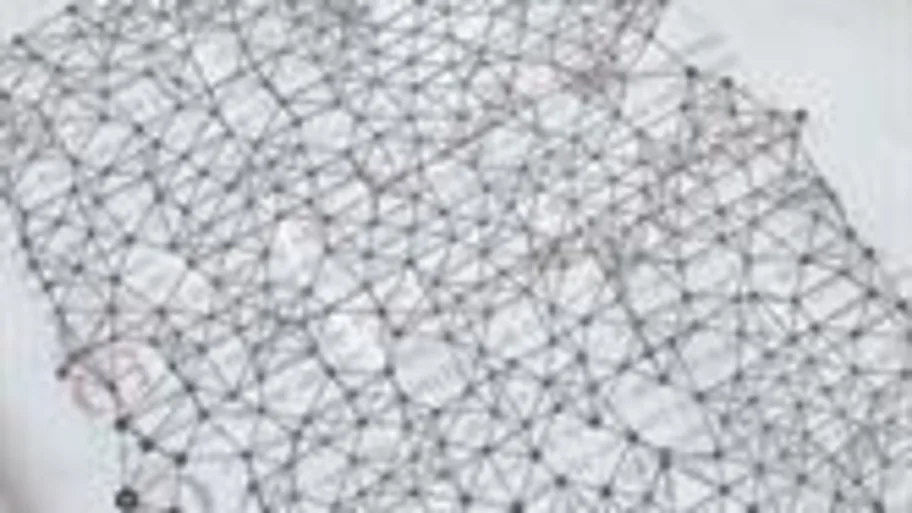
- Science news
- Humanities
- Beyond the Score: Interview with Professor Johanna Devaney
Beyond the Score: Interview with Professor Johanna Devaney

Abstract woman hands playing music notes on dark background, music concept from Shutterstock
— by Radhaika Kapur
Professor Johanna Devaney is the new Specialty Chief Editor for Digital Musicology. In this interview, she provides an insight into her research background as well as discussing her goals and motivations for the section.

Digital Musicology is a relatively young field. How did you first become involved in this area of research?
There is a long history of using computers for music creation – this is widely known. However, computers have also been used for music analysis dating back to the 60s, with numerous people working on problems related to this. So, whilst digital musicology is a new field in the formal sense, it had already existed for quite a while. I myself became interested in this area during my Masters studies in Composition. In particular, I was intrigued by how computational knowledge could aid with compositional practice. I had a strong interest in studying what people do when they perform music and how that relates to the musical context. From this, I went on to study for a PhD in Music Information Retrieval – the broader interdisciplinary field in which digital musicology lies.
How do you see research in Digital Musicology influencing how music is taught?
Within my own research, I have investigated the way music works and is understood in order to elucidate pedagogical technique. A couple of years ago, along with colleagues, I performed research into the undergraduate curricula for harmonic function. Educators are often faced with the dilemma of how to teach a technique or aspect of theory. Using computational modelling we were able to evaluate two pedagogical methods: rule-based and exemplar-based teaching of harmonic function. What we found was a combination of these methods was the strongest approach. Research like this highlights the applicability of work in Digital Musicology.
Why do you think publishing Open Access is important in your field?
There are so many people who are working in and interested in music who are not academics. They will not have access to the publications of traditional journals. In particular, those working in start-ups need to access the most up-to-date research- but they are unable to if it is locked behind a pay-wall. What is interesting is that the most cited publications in Digital Musicology are from the proceedings of the International Society of Music Information Retrieval (ISMIR) conference which are open access. Publishing open access is important to forge and maintain the bridge between academia and industry. Furthermore, as we are a relatively small and young field we want to attract more people to the field, who may not currently be in academia.
What is the overlap between Digital Musicology and other fields within Digital Humanities?
The Digital Humanities includes both using existing computational models to enhance our humanistic research and developing new computational models that can fully exploit the rich domain knowledge that humanists possess. The details of this approach are very much determined between academic fields. Music is challenging because it is not just temporal in nature, but also metrical and hierarchical. In regards to metrical character, poetry is perhaps the most similar area to music. Another defining characteristic of music is its long performance tradition, which overlaps to a certain extent with other arts, such as dance, theatre, and film.
Finally, what topics do you envision being covered in the section over the upcoming months?
I am looking forward to having a Research Topic focused on non-Western music, including popular and art music. The goal of this would be to highlight some of the breadths of digital musicology studies. Secondly, I would like to have a Topic that engages people who do not typically identify as Digital Musicologists but who work in similar systematic ways. Often labels can get in the way of academic discussions, and one of my overall goals for this section is to make it as inclusive as possible.
Visit the section webpage here or email digitalhumanities@frontiersin.org to get involved.






